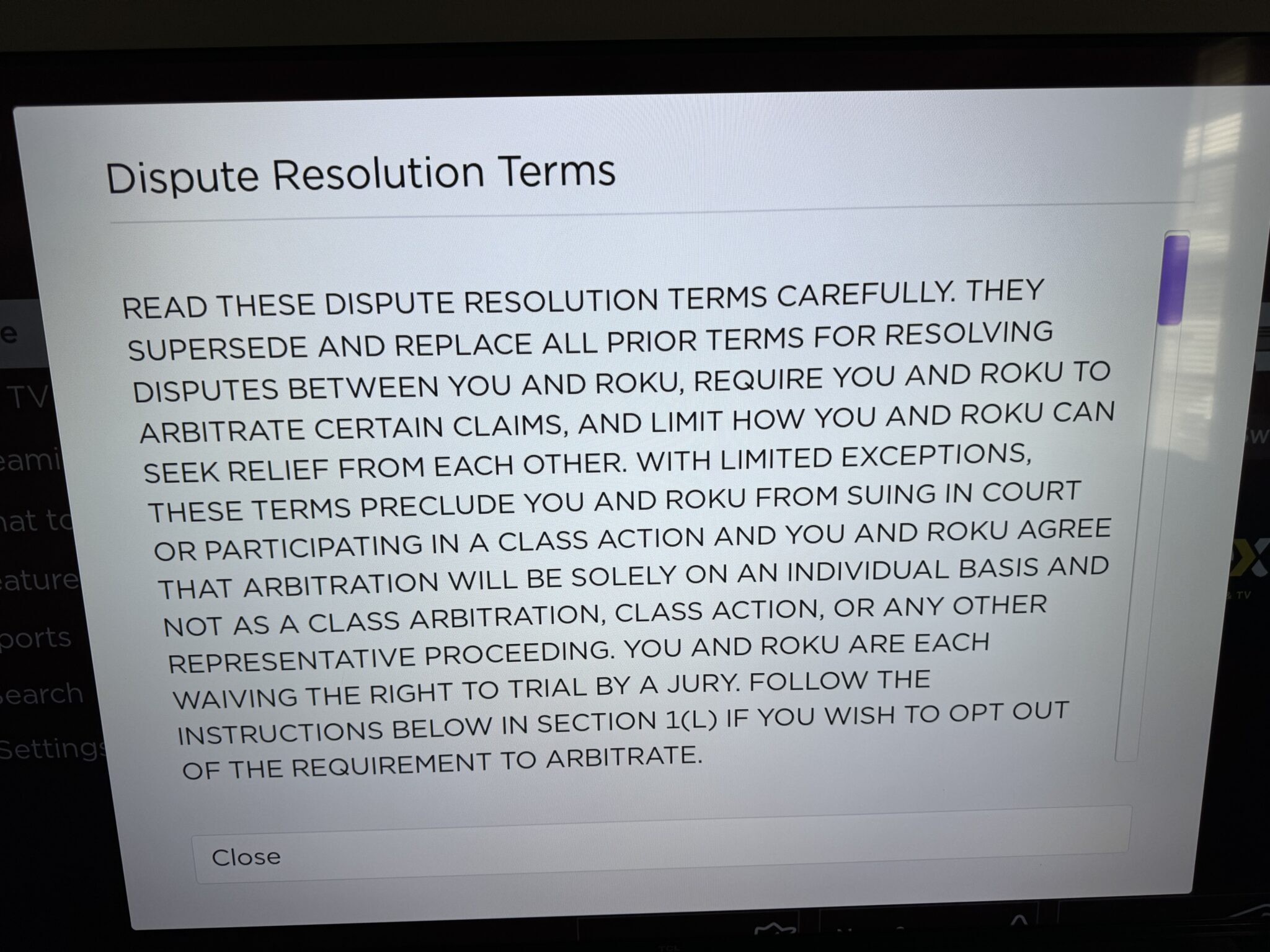this post was submitted on 03 Mar 2024
1517 points (98.7% liked)
Technology
59377 readers
5196 users here now
This is a most excellent place for technology news and articles.
Our Rules
- Follow the lemmy.world rules.
- Only tech related content.
- Be excellent to each another!
- Mod approved content bots can post up to 10 articles per day.
- Threads asking for personal tech support may be deleted.
- Politics threads may be removed.
- No memes allowed as posts, OK to post as comments.
- Only approved bots from the list below, to ask if your bot can be added please contact us.
- Check for duplicates before posting, duplicates may be removed
Approved Bots
founded 1 year ago
MODERATORS
you are viewing a single comment's thread
view the rest of the comments
view the rest of the comments

it certainly hasn't been tested in court yet, at least not that I've been able to find. These EULAs are often just corporate wishlists and until they go in front of a judge it's difficult to know what provisions will actually stick. I hope that they don't have the ability to bait and switch EULAs but this is America, some judge somewhere might take it upon himself to protect my freedom to have my TV remotely disabled after I pay for it.
Then I really wish there were regulations over what kinds of things you're allowed to put in a contract. If there were punitive measures for putting things in contracts that anyone should know is not enforceable, then maybe companies would think twice before putting language like this in.
There are some regulations. A contract can be ruled unconscionable by a court, which is basically saying "no one in their right mind would ever agree to this so we're not gonna enforce it". Contracts have to give both sides duties (things they have to do) and consideration (things they get for performing the duties), so no court will enforce a contract that doesn't materially benefit both sides in some way.
But I agree with you that there should be some sort of blowback to putting together purposely overreaching contracts and then counting on people not knowing their rights or not having the resources to enforce them in order to profit from an illegitimate contract.
Yeah, that second paragraph is more what I was thinking (terrible phrasing on my part). The issue is that fighting these contracts in court is risky - you might lose, and even if you don't, it's a big commitment to fight a legal case against a large company no matter which jurisdiction you're in.
To put it another way, look at it from a game theory perspective - there's plenty of benefit from putting these terms in, and no downside whatsoever. So the optimal move for vendors is to put garbage like this into the contact.